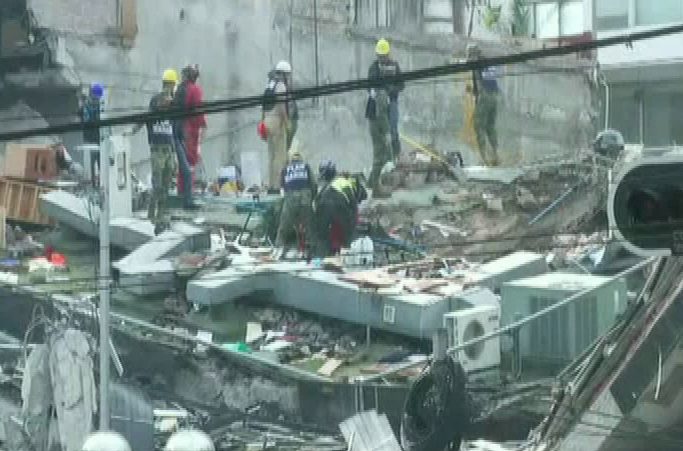
WATCH: Charitable organizations are working around the clock to ensure victims of natural disasters have the help they need but they require ongoing support from donors. Ceilidh Millar reports.
Natural disasters and weather events have rocked many countries around the world this summer.
From devastating hurricanes south of the border and in the Caribbean, back-to-back earthquakes in Mexico and more than 100 active wildfires in B.C., this year has been scarred by catastrophes.
In the wake of these events, many charitable organizations are left scrambling to pick up the pieces and support victims in the aftermath of these disasters.
“It has been a very busy year around the world,” said Matthew Colling of the Canadian Red Cross’ Victoria branch. “With hurricanes and earthquakes as recently as two days ago.”
As millions watch these events unfold on their TV screens, many feel the urge to help with relief and recovery efforts.
Recently, more than $55-million USD was raised through the “Hand in Hand” Telethon with dozens of celebrities stepping up to support hurricane relief programs.
Local charities are asking for donations and experts say the cure to donor fatigue is to give wisely.
“The first step is to get informed and then you can find ways to help out,” explained Colling.
“Sometimes that is physically volunteering with organizations. We’ve had a lot of people submit applications to support us during the B.C. wildfire season.”
There’s also tax breaks and incentives for those willing to give.
“There’s the first-time donor’s super credit,” said Mike Devine of Padgett Business Services.
“If neither you or your spouse have claimed a tax donation on your tax return since 2007, you’re actually eligible for the credit so your donation gets increased by a full 25 percent up to a maximum of $1,000 on your first-time donation.”
Devine says this is the last year the government will be offering this tax incentive for first-time donors.
He adds that donors must keep their charitable tax receipts and ensure they are donating to a charity registered with the Canada Revenue Agency including organizations working abroad.
“I also see a lot of people who make regular monthly donations,” explained Devine. “That is one of the best things you can do is set-up a pre-authorized debit.”
So you can be ready to help when the next disaster strikes.
For more information on current recovery and relief efforts, visit the Canadian Red Cross’ website.





